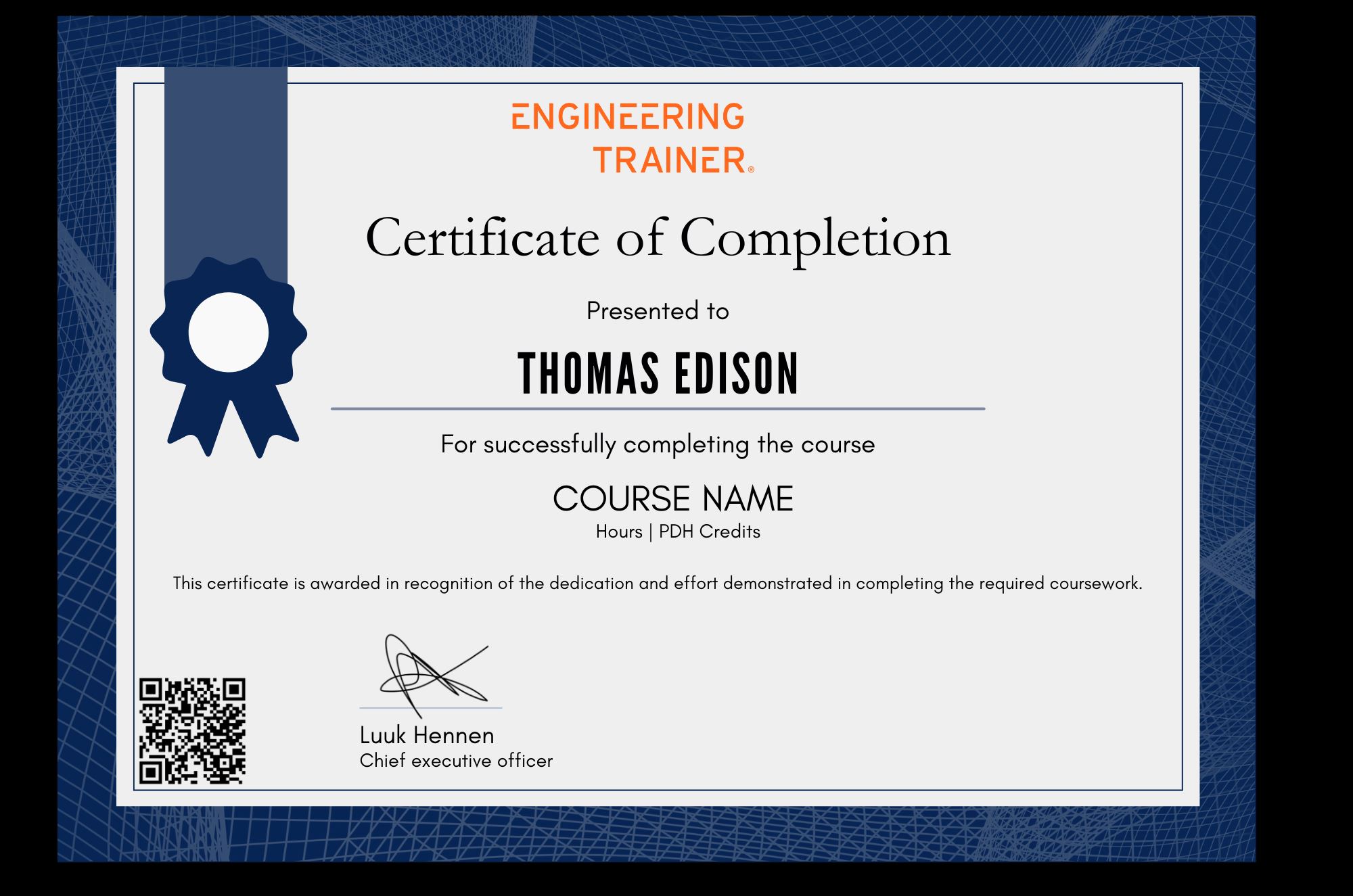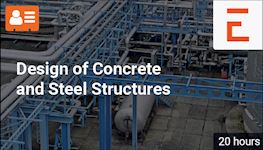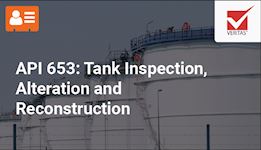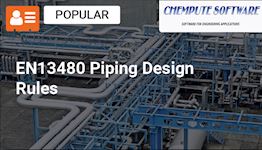Design of Offshore Structures
About the course
The offshore environment places unique demands on the design and analysis of offshore structures; wave mechanics, corrosion, seabed geology, installation at sea and inspection offshore. The aim of this course is to provide the participants with a complete and up-to-date overview of offshore structures engineering in general and steel jackets in particular, using case studies to highlight the topics discussed.
This course takes participants through the stages in the design of a fixed offshore structure. The impact of loadout, sea fastening and installation, upon the loads and thus the design explained. The selection of the proper configuration and layout of the platform will be illustrated, and how to perform a structural analysis upon this, including the pushover method. The construction and repair of the mature structure is covered, including under water inspection and the implementation of an offshore structural integrity management system.
The course typically takes place across 5 training days. All sessions will be live sessions with the instructor, and on each topic there will be an extensive workshop where participants will immediately put the skills they have learnt into practice with assistance of the instructor.
This training course is available as a company in-house training only; there is a choice between an online training or an onsite training. All training materials will be available through your EngineeringTrainer account.
Learning Outcomes
After this course, you...• have a sound understanding of the design procedure for the topsides and jackets of offshore structures,
• can calculate the loads on the structure and how they affect the structure,
• have seen the how the behaviour of the structure is influenced by its interaction with the soil,
• have a good overview of how sea fastening, transportation and installation influence the design choices,
• understand how to perform a fatigue and dynamic analysis for an offshore structure,
• have seen how an integrity management system is setup for a fleet of offshore platforms.
Who should attend this course
• Those involved in the design of offshore structures; both structural engineers and civil engineers.Prerequisites
No specific prerequisites.An affinity with the offshore industry is beneficial
Program & Details
-
Introduction to offshore structures and standards
Live
1. Types of Offshore Structures with illustrated videos and animations
2. Project and engineering management for the offshore projects
3. Design Parameters, Standards & Specifications
4. General Considerations for Design
5. ISO and API design codes
6. Standard & Special Steels
7. Material selections
8. Cost optimization by design
9. Loads Effects on Offshore Structures
10. Decks and jacket structure system -
Metocean, Wave loading and Buoyancy
Live
1. Offshore Site Investigations
2. Meteorological & Oceanographically Data
3. Wave Theories
4. Wind & Wave Forces
5. Buoyancy and Stability
6. Introduction for Subsea structures facilities
7. New technology for material of Surface and subsurface Structures
8. Calculation for metocean data
9. Member design under hydrostatic pressure
10. Example of member design
11. Boat landing design
12. Helipad design
13. Aluminum helipad -
Geotechnics, Piles and Structural Analysis
Live
1. Geotechnical Engineering for Offshore Structures
2. Offshore Pile Design approach
3. Design of Axially Loaded Piles
4. Design of Laterally Loaded Piles
5. Concept of Design by Computer (SACS, SESAM, etc. )
6. Bottom stability analysis with example
7. Topsides and Jacket Designs
8. Optimum Platform Configurations
9. Design of Tubular Members & Tubular Joints
10. Steel deck design under vibrating machine
11. Concepts of Dynamic Analysis -
Maintenance & Repair
Live
1. Maintenance plan
2. Under water inspection technique
3. Aging platform pile analysis
4. Repair of jacket: Case study
5. Flare Repair structure: Case study
6. FRP for offshore structure
7. Composite repair method -
Structures integrity in Management System
Live
1. Risk based inspection
2. Offshore structure reliability
3. Structure integrity methodology
4. Pushover analysis
5. Fatigue analysis
6. Methods of analysis for aging structure as API SIMS
Certification

Contact us to Learn More

Why choose EngineeringTrainer
-
Unlimited Team-wide Access
-
Advance Technical Competences
-
Courses by Industry Authorities
Since using EngineeringTrainer our internal mentorship has a much more matured character.
Logan Chapman - COO at Chapman Consulting Inc.








